Premium Only Content
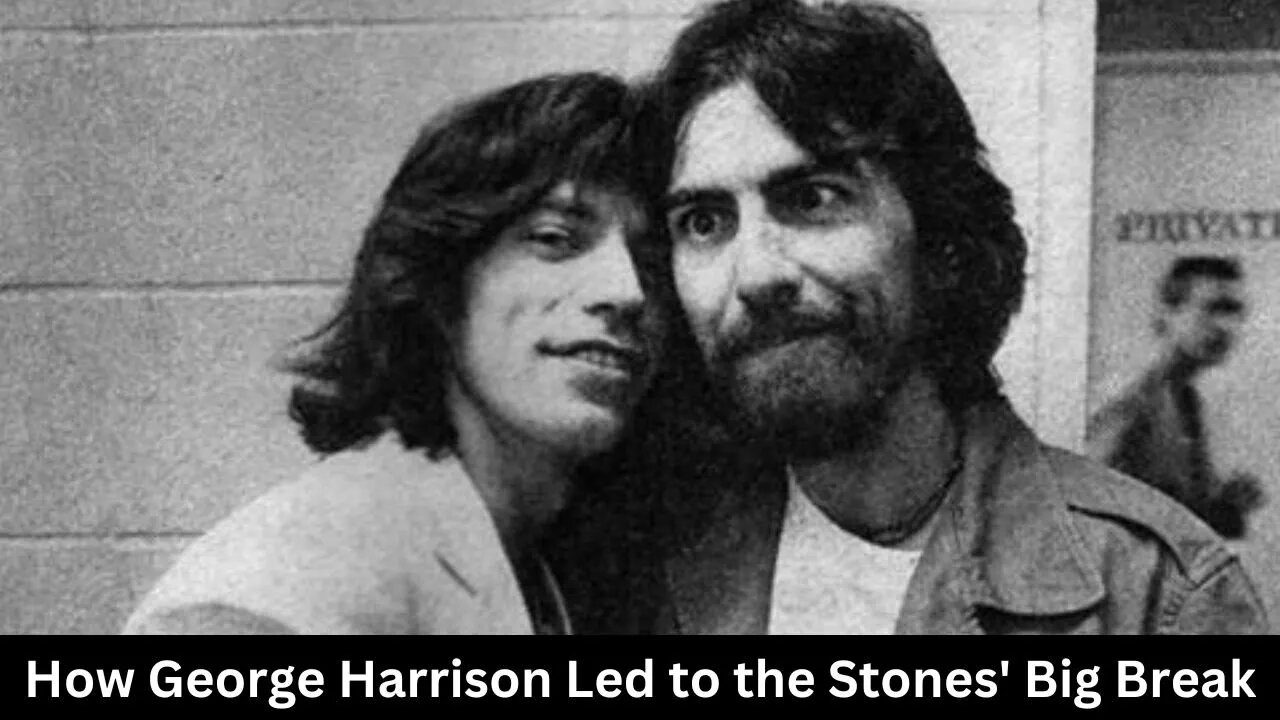
Unbelievable Connection: How George Harrison Led to the Stones' Big Break #shorts #rollingstones
In the early 1960s, The Beatles were beginning to take the world by storm with their innovative sound and catchy tunes. They had already gained a massive following in their home country of England, and were beginning to gain attention in the United States as well. However, their story could have taken a completely different direction if not for a chance encounter with Dick Rowe, the head of Decca Records, and George Harrison's recommendation that he sign The Rolling Stones.
The events leading up to this meeting began when John Lennon, Paul McCartney, George Harrison, and Pete Best (the original drummer for The Beatles) auditioned for Decca Records on January 1st, 1962. The band played a selection of songs, including covers and a few of their own originals, but Rowe ultimately decided not to sign them. According to legend, he famously declared that "guitar groups are on their way out" and that The Beatles had "no future in show business."
While this rejection may have been a setback for The Beatles, it ended up having a major impact on their career and legacy. The band would go on to sign with EMI's Parlophone label and release their debut album Please Please Me in March of 1963. The album was a huge success, and The Beatles would become one of the most influential and beloved bands of all time.
However, the story doesn't end there. In December of 1963, George Harrison happened to run into Dick Rowe at a holiday party. Knowing that Rowe had passed on The Beatles just a year before, Harrison decided to try and make the most of the encounter. He recommended that Rowe check out a new band he had been listening to called The Rolling Stones.
The Rolling Stones had formed in London in 1962 and were quickly gaining a following with their bluesy, rock and roll sound. They had released their debut single, a cover of Chuck Berry's "Come On," earlier that year and were eager to build on their success. Harrison's recommendation to Rowe would end up being a crucial turning point in their career.
Rowe took Harrison's advice and signed The Rolling Stones to Decca in April of 1963. The band would go on to release a string of successful albums and singles over the next few years, becoming one of the biggest bands of the British Invasion alongside The Beatles. Their sound and image were often contrasted with The Beatles' by the media and fans, with The Rolling Stones being seen as the more rebellious and edgy of the two bands.
The impact of this meeting between Harrison and Rowe is perhaps most notable in how it affected the music industry and the cultural landscape of the 1960s. The Beatles and The Rolling Stones were both part of a larger movement that saw British musicians and bands achieving unprecedented success in America and around the world. Their music and style represented a break from the traditional, conservative norms of post-war society and a rejection of the old ways of doing things.
The rivalry and dynamic between The Beatles and The Rolling Stones was a key part of this cultural shift. Both bands were seen as representing different sides of a generational divide, with The Beatles embodying youth and rebellion while The Rolling Stones were seen as even more rebellious and defiant. Their music spoke to a new generation of young people who were looking for something different from the mainstream culture they had grown up with.
In conclusion, the meeting between Dick Rowe and George Harrison had a profound impact on the history of popular music and the cultural landscape of the 1960s. While Rowe's rejection of The Beatles may have seemed like a setback at the time, it ended up leading to one of the most successful and iconic careers in rock and roll history. Harrison's recommendation that Rowe sign The Rolling Stones was another important moment, cementing the band's place as one of the most important and influential of the British Invasion. The rivalry and dynamic between The Beatles and The Rolling Stones represented a larger shift in society, as young people sought out new forms of expression and identity in a rapidly changing world.
-
 3:02:41
3:02:41
TimcastIRL
6 hours agoABC REVIVES Jimmy Kimmel After TERROR Attack On Station, Sinclair REFUSES To Air Show | Timcast IRL
241K135 -
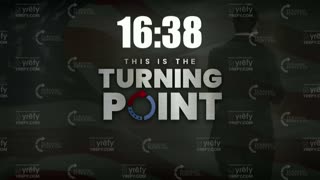 2:32:12
2:32:12
The Charlie Kirk Show
6 hours agoTPUSA Presents This is The Turning Point Tour LIVE with Michael Knowles
123K50 -
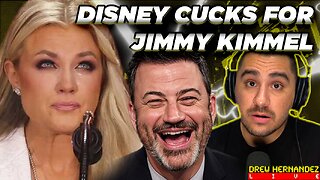 LIVE
LIVE
Drew Hernandez
10 hours agoDISNEY CUCKS FOR KIMMEL & ADDRESSING THE CHARLIE KIRK MEMORIAL AFTERMATH
1,075 watching -
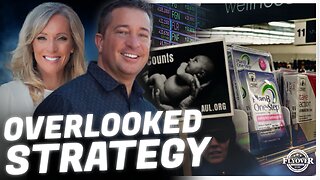 1:02:28
1:02:28
Flyover Conservatives
10 hours agoThe Most Overlooked Way to Fight Abortion (It’s Not Protests) - Robert Netzly; Why Triple-Digit Silver is Coming - Dr. Kirk Elliott | FOC Show
35K3 -
 1:55:33
1:55:33
Glenn Greenwald
9 hours agoDeceitful Hysteria over Tucker's Speech on Kirk; IDF Funder Larry Ellison to Take Over CBS, Paramount, and now TikTok; U.S. Embraces Leading Al-Qaeda Terrorist | SYSTEM UPDATE #519
194K90 -
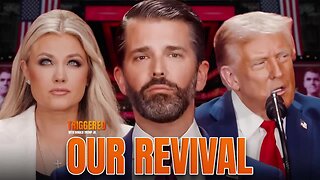 34:40
34:40
Donald Trump Jr.
10 hours agoWe Will Make Charlie Proud | TRIGGERED Ep.276
210K90 -
 1:01:49
1:01:49
BonginoReport
9 hours agoErika Kirk Forgives Charlie’s Assassin - Nightly Scroll w/ Hayley Caronia (Ep.139)
115K98 -
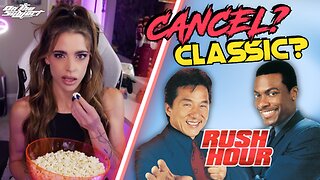 1:54:19
1:54:19
megimu32
6 hours agoOn The Subject: Rush Hour | Would It Be Cancelled Today?
43.3K6 -
 1:24:12
1:24:12
Katie Miller Pod
8 hours ago $2.93 earnedEpisode 7 - Jillian Michaels | The Katie Miller Podcast
82.1K5 -
 13:09:57
13:09:57
LFA TV
1 day agoLFA TV ALL DAY STREAM ! | MONDAY 9/22/25
243K49